I’m pleased to be appearing in another Golden Goblin Press anthology.

When the dark and malevolent forces of the Cthulhu Mythos gaze upon mankind’s inhumanity towards his fellow man, it casts a long and dark shadow from our own inner darkness. These seven stories explore such shadows, with tales of all-too-familiar evils further darkened by the corruption of the Cthulhu Mythos.
Shadows of an Inner Darkness: Stories of the Struggle Against Eldritch Horrors & Our Own Inhumanity – Edited by Brian Sammons
The Parkland Experiments by William Meikle—When a Doctor begins performing chemical and surgical eugenics experiments on prisoners at Parkland Correctional Facility, the results take an unexpected and otherworldly turn, resulting in horrific consequences.
Carrion Crows by Peter Rawlik—In the aftermath of a terrible hurricane, John Crow is pressed into service with a work gang to recover the dead and bury them in mass graves. The terrible experience changes him, quite literally, forever.
A Ghastly Industry by Lee Clark Zumpe—A couple fleeing from a lynch mob in central Florida takes unlikely refuge in a moldering manor. However, they land in the middle of a family dispute between a desperate young man and his ancient undying grandmother.
The Last Appointment by Oscar Rios—An Arkam doctor is kidnapped after performing an illegal medical procedure on a terribly deformed man from the shunned town of Innsmouth. His patient’s family has some questions and his life depends on the answers.
Man of the House by Christine Morgan—A fabulously wealthy man rules over a houseful of his female relations. He controls their fortunes and keeps them prisoners to his abhorrent desires. But it’s a New Age; women have the vote now, and the time has come for a change.
Heart Mountain by Glynn Owen Barrass —With Executive Order 9066, young Aiko and her family are forcibly taken to Heart Mountain, a detention camp for Japanese Americans. There she discovers a hidden diary and learns the camp has been used before.
My offering, By Unknown Hands, tells the story of a pair of murderous conmen in 1920’s Oklahoma duping and murdering Osage Indians out of their oil rights.
It’s inspired by the actual Osage Indian killings, most recently depicted in David Grann’s Killers Of The Flower Moon: The Osage Murders and The Birth of The FBI.
Grann’s book details the far reaching and long running conspiracy by Anglo businessmen and officials to undermine Native rights to lucrative oil wells discovered beneath their treaty allotted land, previously thought worthless.
Sometimes I write out of catharsis, and after that infuriating read, I needed it. Of course, using the tools of Lovecraft (and Zealia Bishop), I can put those who escaped justice in the path of the inevitable. Sometimes the apathetic forces that inhabit the Outer Dark do justice by accident. In this case, I tied history to the Mythos via what was previously set forth in the posthumously published The Mound.
Here’s an excerpt.
————————————————————
I never set out to kill no Indians. It was just something I fell into.
After the war, I came back to Tulsa County to find my old maw dead and gone, and our Sooner land sold off to the oil company. I don’t know who they paid for it, but it wasn’t me. The house was just gone, which explains why none of my letters were ever answered.
I worked for a while as a wildcatter, but that got to feeling too much like being back in the Army. Most jobs did, when you got right down to it. I had brought home a deep unease with me that I just couldn’t shed. Thunder made me jump inside, and open spaces made me fret. I had little patience for men, women, and beasts. Though I had cropped my hair short since I was a boy, it was like somehow they could smell the Indian in me. Maybe it was all that sun from working outside. I left a lot of them bleeding.
In late summer ’21 I drifted west, headed for California, but got tripped up by the Osage Hills and wound up on a ranch on the west edge of the big Indian reservation, manning a 500 gallon copper still for a fellow named Henry Grammer, the world steer roping champion and the biggest bootlegger around.
There were some rough customers among Grammer’s bunch, many who had been bank and train robbers in their day.
One of them, a wind-burned older fellow with nickel blue eyes and an easy manner named Casey Matheson approached me one day while I sat smoking under the blackjack.
“Where are you from, boy?” he asked.
“Berryhill,” I answered, “and leave out that ‘boy’ talk.”
There was threat in that, but he didn’t seem to mind.
“You ain’t no moonshiner,” he went on. “What’d you do before?”
“All kinds of things.”
“You was in the Army though.”
“How’d you know that?”
“You just got that look about you. Makin’ shine don’t fit your pistol, does it?”
“Nothing much does anymore,” I said, tossing my butt away.
“I bet you don’t like sleepin’ in that bunkhouse neither.”
All Grammer’s employees slept in the ranch bunkhouse off the main house, cowboy and moonshiner alike. It was drafty, and the Negro handyman was stingy with caulk, boards, and nails.
“You see that car over there?” Casey said, pointing to a grey Bearcat I had seen about the place once in a while. “That’s a thirty nine hundred dollar automobile, and I got it for a day’s work.”
“Running shine?”
He laughed.
“Hell no. Killin’ Indians.”
He watched me for a minute, gauging my reaction. I tensed for a fight, but said nothing.
“You know how to drive?” he asked.
I did.
“You wanna take a ride?”
It beat squatting over the still.
My hands shuddered on the wheel till we left the gravel drive behind and hit the pavement. I opened her up and whipped those 6-cylinders to galloping, leaving the blackjack hills behind. I hadn’t moved this fast in years. The wind blew over me, roaring in my ears, and those big empty plains of bluestem and spiderwort flew past. I lost my hat, but I didn’t care.
After a bit, Casey waved for me to pull over so he could be heard.
He lit a cigarette, offered me one. I saw he was missing the last two fingers on his left hand.
“Meanin’ no offense, but you got some Indian in you, don’t you?”
I took the cigarette, stared at him. I had a great-grandfather on my mother’s side who was Choctaw.
“Berryhill,” the old man mused, when I didn’t say anything. “What’re you? Quarter Cherokee?”
“Eighth Choc,” I allowed, waiting to see if I’d have to lay him out.
He nodded and waved his cigarette across the big empty prairie, trailing smoke.
“We’re on the Osage reservation now. You notice anything?”
I put my foot on the running board and looked. I could see far, to the towns northeast; to Fairfax and Grey Horse. In between were clunking derricks, laboring like giant metal picks rising and falling on the earth.
“Just oil.”
“That’s right,” said Casey, grinning. “That’s sharp. Most folks’d say ‘nothing.’ Government shuffled these Indians around, stuck ‘em on the barest, rockiest patch of nothing they could find. Only they didn’t figure on what was underneath it. Devil’s tar. Lakes and lakes of it. The Underground Reservation. And the lawyers fixed it so every full-blooded member of the Osage tribe got headrights. Six hundred and fifty seven acres, every man, woman, and child, and mineral rights for leasin’ to the oil companies.” He spat. “Devil must’ve been runnin’ the government back then. Come on, Buckwheat, let’s go into Pawhuska. I wanna show you something.”
We drove thirty minutes along the state highway into the county seat. You could swear we were in Kansas City by the amount of cars going up and down the paved streets. It seemed like every sedan we passed had a white or a Negro driver and an Indian riding in back. The sidewalks were lined with suited Indian men in clean white Stetsons and tall silk hats, some of them trailing blanketed squaws, others with wives in full length beaver coats, their crow black plaits dangling down from under stylish, sequined cloche hats like real St. Louis ladies.
“Just look at ‘em,” Casey growled. “Struttin’ about like red roosters. And every one of ‘em’s got a price on their head. Head downtown.”
We passed a big brown brick building with a tall, wide elm next to it. Stretched out below in the shade was a passel of Indians and well-dressed white men. There was an auctioneer in a skimmer and shirt sleeves calling out rapid fire to the crowd. Parked out front were rows of limousines, the uniformed chauffeurs smoking and chatting.
“Tribal Council House. That there’s the Million Dollar Elm,” said Casey, chin on his elbow, propped on the door of the car. “Better fruit than any apple tree you ever saw. Today it’s ripe. Today’s the day the oil men come out to buy leases. Look at ‘em. Thousands…millions of dollars changing hands. Old John Paul Getty himself’s been under that tree.”
We drove by, continuing down into the residential neighborhood. The old man pointed to the sprawling mansions, two story brick houses with papooses rolling in the green grass yards.
“Look at all they got!” Casey fairly hissed beside me. “Tell me, what’d the Yankees give the Chocs, Buckwheat? Hell, what’d they give you for catchin’ Hun bullets? You got a house like that back in Berryhill?”

Not even when I’d had a house. It had been a drafty two room cabin and maw had brought the pigs in to keep ‘em from freezing in the winter.
I pulled over outside of town. You could still hear the cars guzzling up and down main street.
“You don’t need to sell me,” I said. After driving all this way, seeing all this, I didn’t cotton to going back to the bunkhouse. “How does killin’ ‘em make you any money?”
“You know what a blood quantum is?” said the old man.
How much Indian blood a fella had. I nodded.
“State evaluates every Indian, appoints a white guardian to anybody full or even quarter blood. Basically it’s a check-signer, usually a lawyer, whose job is to keep ‘em spendin’ their money responsibly. Guardian gets a monthly percentage, usually a hundred bucks or so. Sometimes they got ten or twelve Indians to look after. Lotta places for money to slip through. And they make a deal with the white merchants, to overcharge the Osage and split the difference. If you can get in that system, shit, Buckwheat, you’re set for life.”
“And if you can’t?” Because it was plain this old train robber wasn’t part of that system.
“Oh,” Casey said, grinning, “I got friends who are in it. Bankers, merchants, a rancher. Rich folks. And rich folks is hungrier even than you and me. They’ll pay more than we ever seen just to get a little more of what they got. See, tribal members can’t sell to nobody out of the tribe. Headrights is inherited. So if you bump off a rich buck, any kin he might have, marry his woman…”
“I dunno,” I said. “Seems complicated.”
“It is. But I don’t do the figurin and I don’t do the goddamned marryin.’” He reached into the side pocket of the door and pulled out a broom-handled Mauser. He leered at me like it was his peter. “I still do just fine.”
Well, I didn’t want to go back to that drafty goddamn bunkhouse.
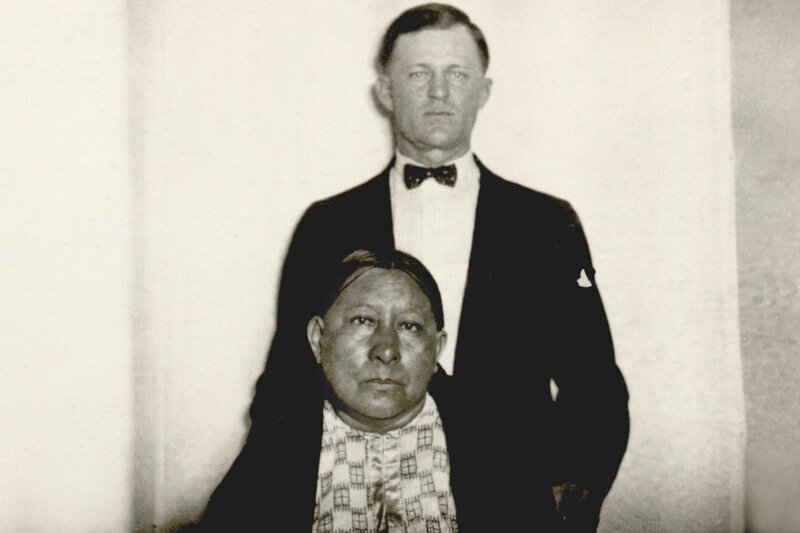
Pick up a copy of Shadows Of An Inner Darkness here – https://www.goldengoblinpress.com/store/#!/Shadows-of-an-Inner-Darkness-Print-Format/p/196568586/category=14026709







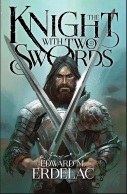
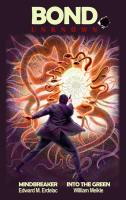


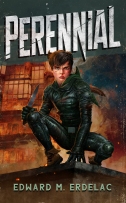










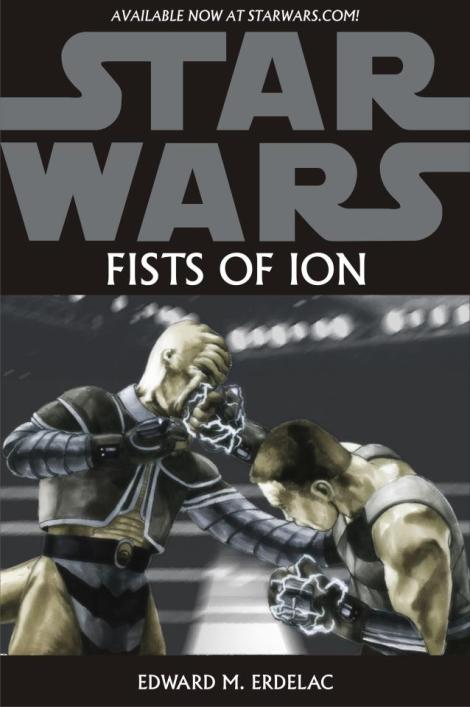



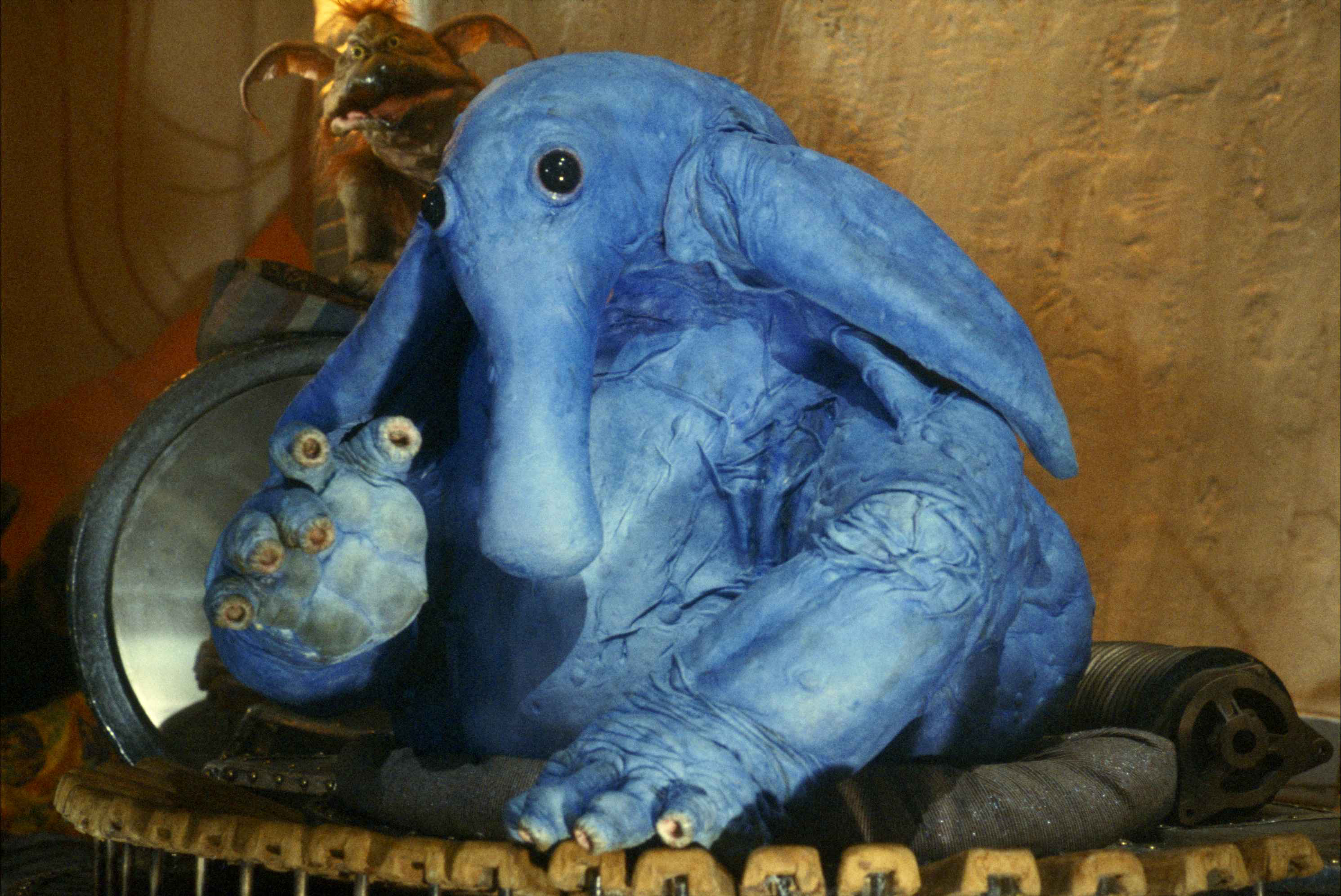
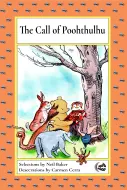
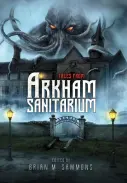
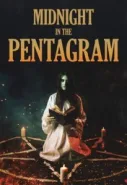

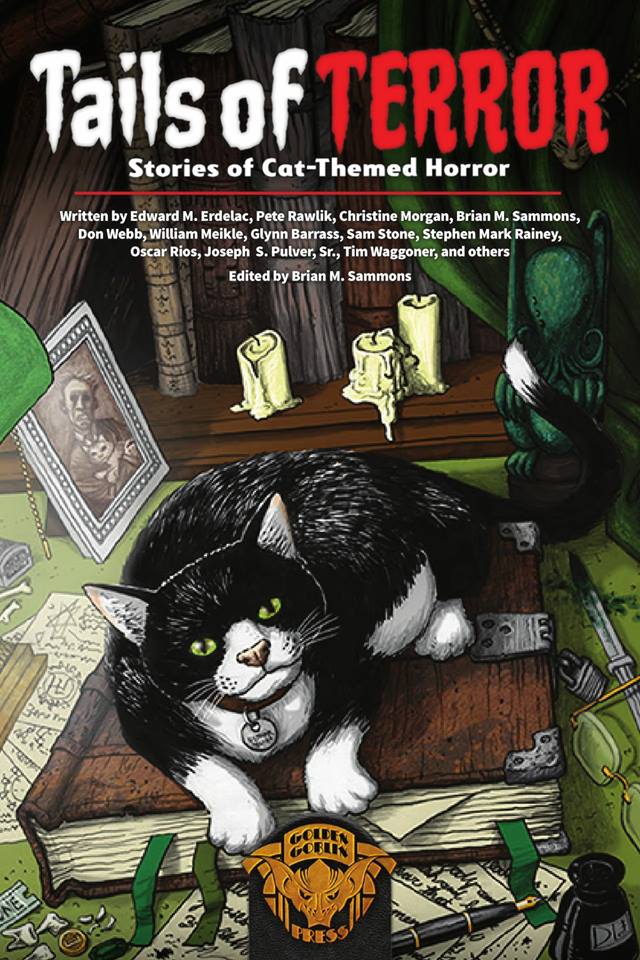
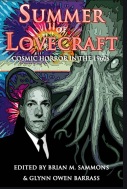

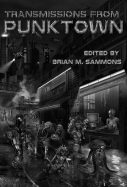
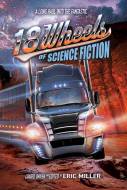

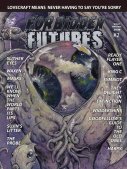
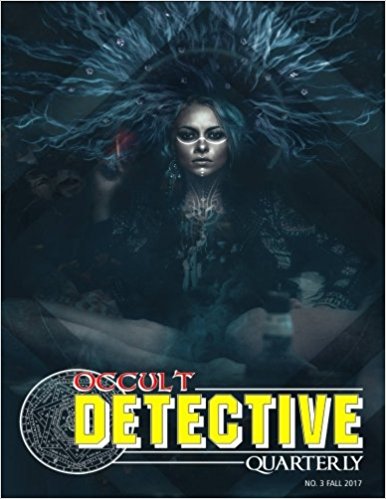


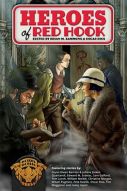



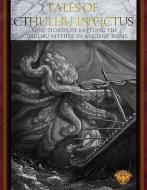
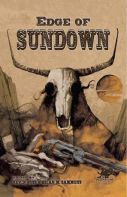








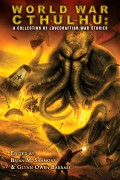

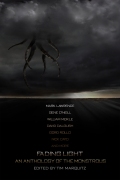











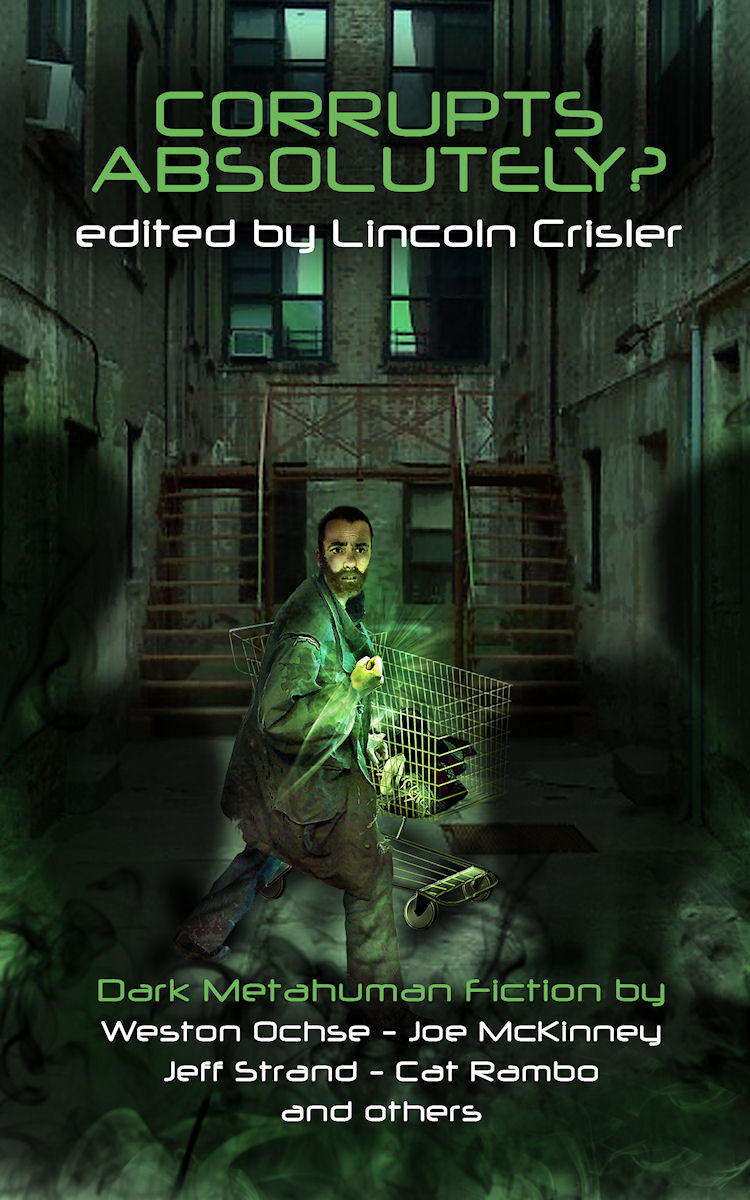






Leave a comment